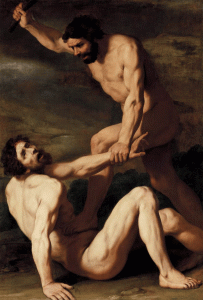Political Ramifications of Evolving Faithful
To establish some ground rules, I am fiscally conservative, theologically liberated, and generally non-partisan. I’m a capitalist, give to charities serving widows and orphans, and believe a good education cures most woes. This blog post doesn’t serve a political agenda, although it has political overtones. Proceed at your own risk, but polite comments are more than welcome.
I read an interesting op-ed (http://bit.ly/15OpN4G) this week on Patheos, an online theological resource with the tagline, “hosting the conversation on faith.” It’s one of several I peruse weekly, and I particularly like the Patheos’ scholarly bent. (I miss my seminary professors and fellow seminarians.)
The author states that Syrian intervention is one of very few issues on which Christians around the world agree: they don’t believe the U.S. should launch military action in response to Syrian chemical weapons. The author offers reasons why evangelicals who supported the Irag war a decade ago are largely against intervention in Syria now. It cites political (partisan) nonsense, a weariness of war, and a growing (barely, but we can hope) global mindset.

The article also, interestingly, cites a waning of support for Israeli dispensationalism. In other words, and these are my words, Americans care less about ensuring Israel keeps “the land,” and therefore are less supportive of doing whatever it takes to ensure the Jews aren’t bombed out of their sliver of the Middle East. History there, including land possession, is a complex affair tumbling back well more than 5,000 years (that we can reasonably document). Nothing is straightforward or easy when looking at whose twelve-times great ancestor owned what.
I can’t forget the phrase “identity-based violence” when thinking of a region embroiled in tribal warfare for millenia. To be fair, we have horrific violence in the States, largely perpetrated by identifiable demographics. And I know a number of individuals in the Middle East who are fine, upstanding citizens.
But, like many, I’d like to see a region-wide approach to democracy, equality, and first-amendment rights — all inarguably Western ideals — in the Middle East before more American blood is spilled on those desert sands I love so much, or on behalf of individuals crossing those sands. Maybe I’m simplistic, or maturity is causing my heart to become more isolationist as the rest of me goes global. But change in the Middle East has to start from within. And as I think of being my brother’s keeper, I don’t want to find myself Abel to the Middle East’s Cain.